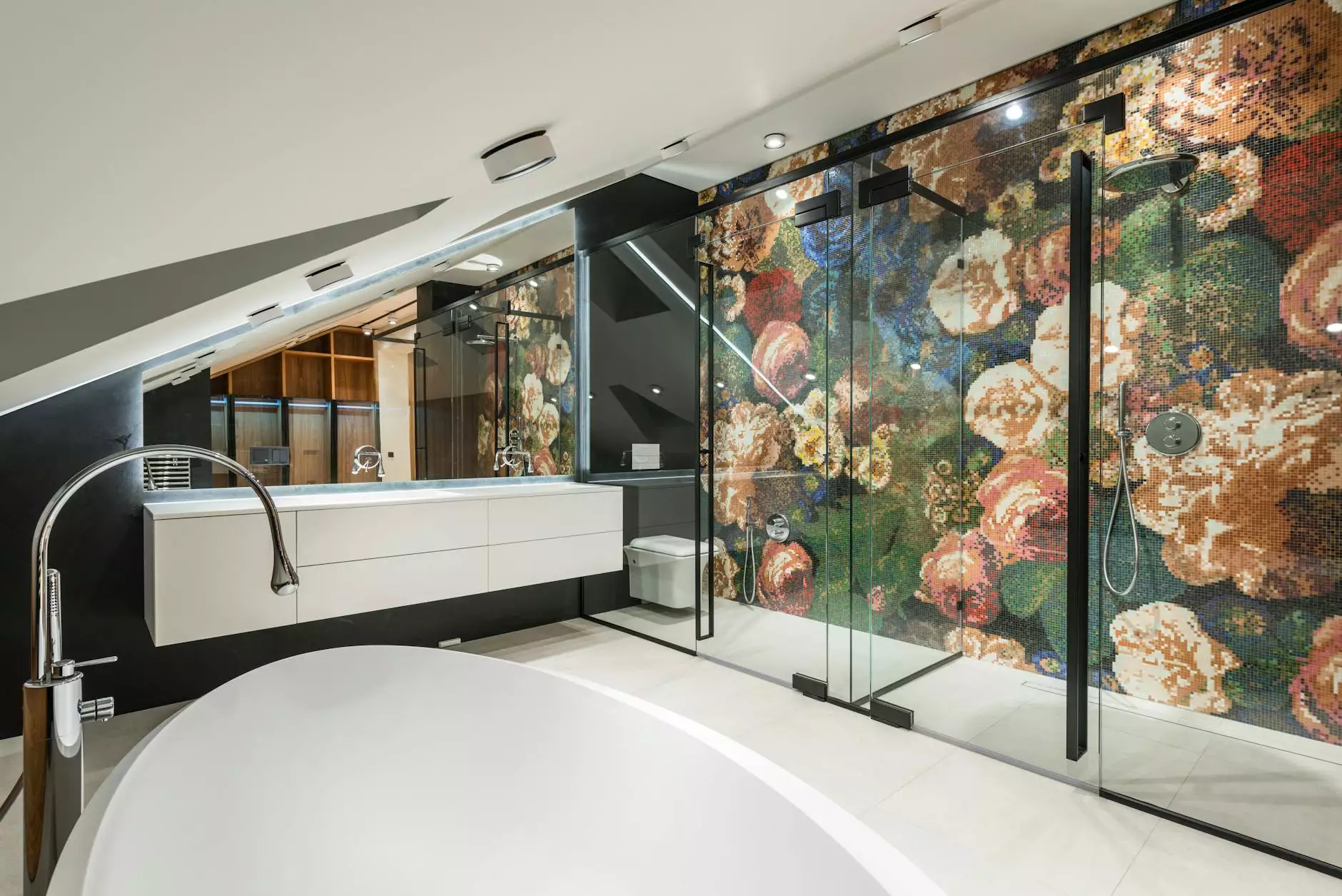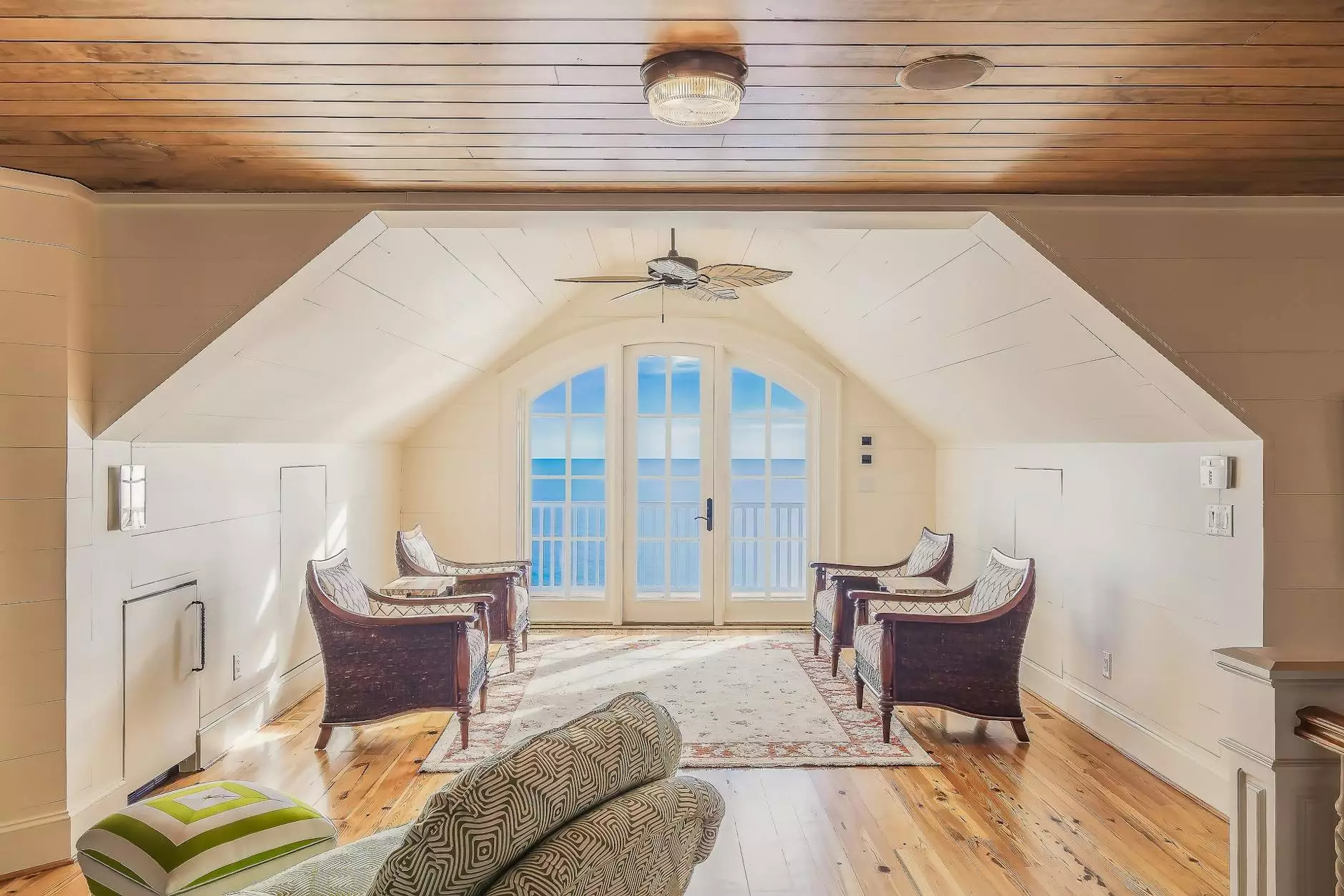Understanding Kitchen Upgrade Costs: A Comprehensive Guide

The kitchen is often referred to as the heart of the home. It is a space where families come together, meals are prepared, and memories are created. Thus, when planning a kitchen upgrade, understanding the kitchen upgrade cost is crucial. This article explores the various elements influencing kitchen upgrade costs and provides tips to ensure you get the best value for your investment.
1. Why Upgrade Your Kitchen?
Upgrading your kitchen can enhance both its functionality and aesthetic appeal. Here are some compelling reasons to consider:
- Increased Property Value: A modern, well-designed kitchen can significantly boost your home's market value.
- Improved Efficiency: Upgrading appliances and fixtures can lead to energy savings and increased efficiency.
- Enhanced Aesthetics: A fresh look can make your home more inviting and enjoyable.
- Personal Enjoyment: An upgraded kitchen can make cooking and entertaining far more pleasurable.
2. Understanding Kitchen Upgrade Costs
To grasp the kitchen upgrade cost, it’s essential to break down the various components of the upgrade process. Costs can vary widely based on factors such as materials, labor, and the extent of the renovation.
2.1 Labor Costs
The cost of labor is often a significant portion of your overall budget. This can include fees for:
- Contractors: General contractors manage the entire renovation process, and their fees can range from 10% to 20% of the total project cost.
- Specialists: Plumbers, electricians, and cabinet makers may charge hourly rates ranging from $50 to $150, depending on their expertise.
2.2 Material Costs
Material choice greatly influences your kitchen upgrade cost. Here’s a breakdown of common materials:
- Cabinets: Stock cabinets may cost around $100 to $300 per linear foot, while custom-built alternatives can exceed $1,200 per linear foot.
- Countertops: Materials like laminate are budget-friendly, costing $20 to $50 per square foot, whereas granite or quartz could range from $50 to over $200 per square foot.
- Flooring: Options vary widely, from affordable vinyl ($2 to $5 per square foot) to high-end hardwood ($8 to $15 per square foot).
2.3 Appliance Costs
A well-appointed kitchen necessitates modern appliances. Budget options can be around $2,000, while high-end appliances could easily reach $20,000 or more. Consider the following:
- Refrigerators: Standard models range from $500 to $2,000, while luxury brands can go well above $5,000.
- Stoves: Basic ranges start at $400, whereas professional-grade models can exceed $10,000.
- Dishwashers: Prices average between $400 and $1,500, depending on the brand and features.
3. Factors Influencing Kitchen Upgrade Costs
An array of factors contributes to the kitchen upgrade cost. Understanding these can help you plan more effectively:
3.1 Kitchen Size
The overall size of your kitchen plays a crucial role in determining costs. Larger kitchens necessitate more materials and labor, leading to increased expenses. For instance:
- Small Kitchen: Minor upgrades might average $10,000.
- Medium Kitchen: Expect to spend between $15,000 and $30,000.
- Large Kitchen: Comprehensive renovations can stack up to $50,000 or more.
3.2 Design Complexity
The complexity of your design can also affect costs. Open-concept layouts or intricate designs require more skilled labor and planning. Additional elements like:
- Custom Features: Built-in shelving or unique cabinetry can raise costs significantly.
- Smart Technology: Integrating smart appliances and systems typically adds to the budget.
3.3 Existing Infrastructure
Upgrading an older kitchen may require additional modifications to existing plumbing or electrical systems, further increasing costs. Important considerations include:
- Wiring: Upgrading electrical panels or adding new circuits can be expensive.
- Plumbing: Replacing outdated pipes may also incur significant expenses.
4. Budgeting for Your Kitchen Upgrade
To avoid overspending, it’s crucial to set a realistic budget. Here are some effective tips for budgeting:
4.1 Research Costs
Familiarize yourself with local pricing for materials and labor. Online resources and local home improvement stores can provide valuable insights.
4.2 Create a Detailed Plan
Make a list of all the features you want in your upgraded kitchen. Prioritize essential upgrades versus luxurious touches to manage costs effectively. Consider aspects like:
- Essential upgrades: Appliances and countertops.
- Desirable upgrades: Lighting fixtures and cabinet hardware.
4.3 Build a Contingency Fund
Allocate an additional 10% to 20% of your overall budget for unexpected expenses. This ensures you are prepared for any surprises that may arise during the renovation.
5. Tips to Save on Kitchen Upgrade Costs
While kitchen upgrades can be costly, there are several strategies to save money without sacrificing quality:
5.1 Opt for Reface Instead of Replace
If your cabinets are in decent shape, consider refacing them instead of fully replacing them. This can save you up to 50% in costs.
5.2 Shop During Sales
Time your upgrades around holiday sales for appliances and fixtures. Many retailers offer significant discounts during these periods.
5.3 DIY Where Possible
Consider taking on some simpler tasks yourself, such as painting or installing hardware. This can significantly lower labor costs.
6. Conclusion
Embarking on a kitchen upgrade can be a daunting task, especially when determining the kitchen upgrade cost. By understanding the various components and conducting thorough research, you can make informed decisions that enhance your kitchen's aesthetic and functional appeal while staying within budget.
Whether you aim for a full renovation or a simple refresh, prioritizing your needs and planning strategically will help you achieve the culinary oasis of your dreams. If you're located in the UK, consider exploring expert options available at kitchenmakeovers.co.uk for enhancing your kitchen renovation journey. Happy upgrading!









